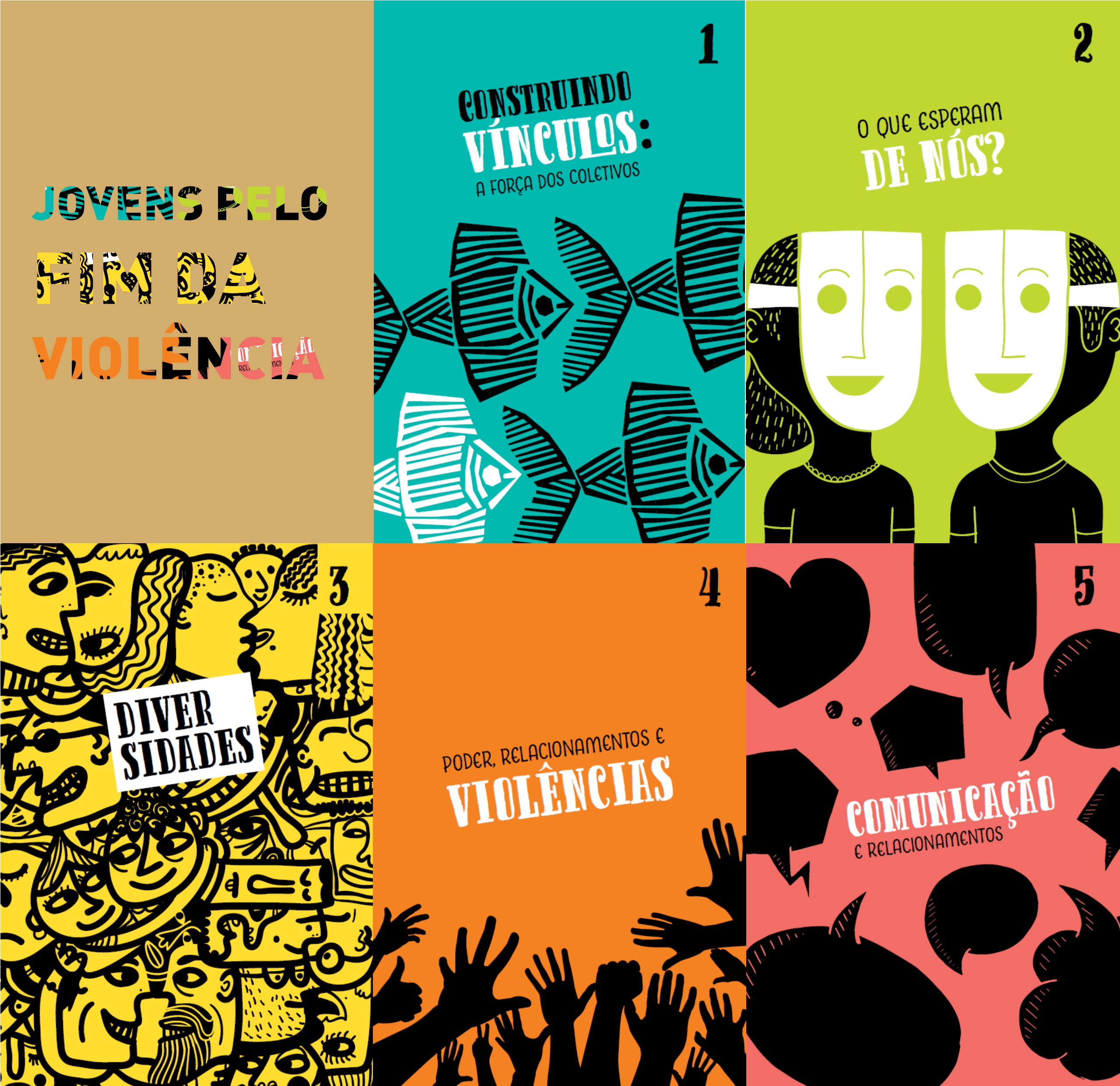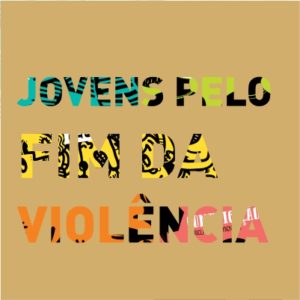
By Milena do Carmo, Program Officer, Instituto Equimundo
Succumbing to pressures from the conservative base of Brazil’s National Congress, the country’s Ministry of Education (MEC) is about to approve another setback to gender equity in schools.
At the beginning of April 2017, it was proposed that the terms “sexual orientation” and “gender identity” be removed from the National Common Curricular Base (Base Nacional Comum Curricular, or BNCC) for elementary schools – the guideline for classroom content in Brazil.
The proposal was officially submitted on April 6 to the National Education Council (CNE), which will prepare a response for the Ministry of Education to approve, and to eventually implement.
In addition to the removal of these terms from the classroom, according to the National Council to Combat LGBT Discrimination (Conselho Nacional de Combate à Discriminação de LGBT, or CNCD/LGBT), a separate standard that guarantees the use of bathrooms, changing rooms, and other spaces that are gender-neutral (when possible) and according to the gender identity of each individual, was also eliminated.
Policies like this are evidence of deeply held prejudice for lesbian, gay, bisexual, trans, and/or intersex (LGBTI) individuals. Not coincidentally, Brazil has the highest rate of murder of LGBTI individuals in the world, with one death every 26 hours.
In the last three years, there have been a series of setbacks regarding gender diversity and equality in schools. The word “gender” has been removed from municipal and state education plans. The Non-Partisan School Project (Projeto Escola Sem Partido) continues to threaten civil liberties, academic freedom, and freedom of expression. There is even a classroom “inspection” by councilors in the municipal network of São Paulo to ensure that “gender ideology” – a title erroneously applied to the respect for gender diversity and the promotion of equity – is not spread.
The exclusion of the terms “sexual orientation” and “gender identity” from education is contrary to the 2015 recommendation by the United Nations Committee on the Rights of the Child, which advises that legislation should prohibit discrimination and violence based on sexual orientation and gender identity. Indeed, this gender- and sexuality-based discrimination in Brazil has been denounced by the United Nations as well as other bodies that promote international protection of human rights.
In response to these threats to equality and diversity, and in support of the involvement of young people in strategies to promote gender equality, Equimundo has been working since September 2016 in nine schools in Brazil with students (aged 13-19), adults in Brazil’s Youth and Adult Education (Educação de Jovens e Adultos, or EJA) program, and education professionals through the Youth Living Peace project.
The Youth Living Peace methodology was developed in partnership with Rio de Janeiro’s Municipal Department of Education in Brazil. In group workshops, participants discuss themes of gender, race and ethnicity, relationships, nonviolent communication, and diversity.
During 2017, Youth Living Peace significantly expanded within Rio de Janeiro schools, including through increases in school management’s involvement in the project, education professionals’ voluntary participation, and participants’ workshop attendance.
At the end of the semester, each school organizes a community campaign to share what has been learned throughout the semester. In December 2016, participating schools adapted a version of the “Shameless” Campaign, promoting sexual and reproductive health and rights. In 2017, each school will focus on the theme that best aligns with its objectives for the year.
In the first round of groups in 2016, 146 students and 38 education professionals participated in Rio de Janeiro, including in the areas of Água Santa, Bangu, Centro, Riachuelo, Santa Teresa, and Tijuca.
Based on an impact assessment carried out by Equimundo, participants improved their understanding of gender and racial violence and how to prevent it. Participants were able to identify a greater number of aggressive behaviors in schools as violence, and to subsequently report this violence; participants also increased their knowledge around sexual exploitation of children and adolescents as well as the need to divide unpaid care work more equitably between men and women. The impact assessment revealed the need for a more gendered approach to preventing the use of social media as a mechanism of control and psychological violence, and to encourage the use of contraceptive methods for the prevention of sexually transmitted infections (STIs).
The Youth Living Peace project is now at the end of its second round of groups, after which the curriculum will be published in order to share the lessons learned and to systematize the activities for future use. Educators will then be able to expand the work into additional schools to promote the prevention of gender- and race-based violence.
